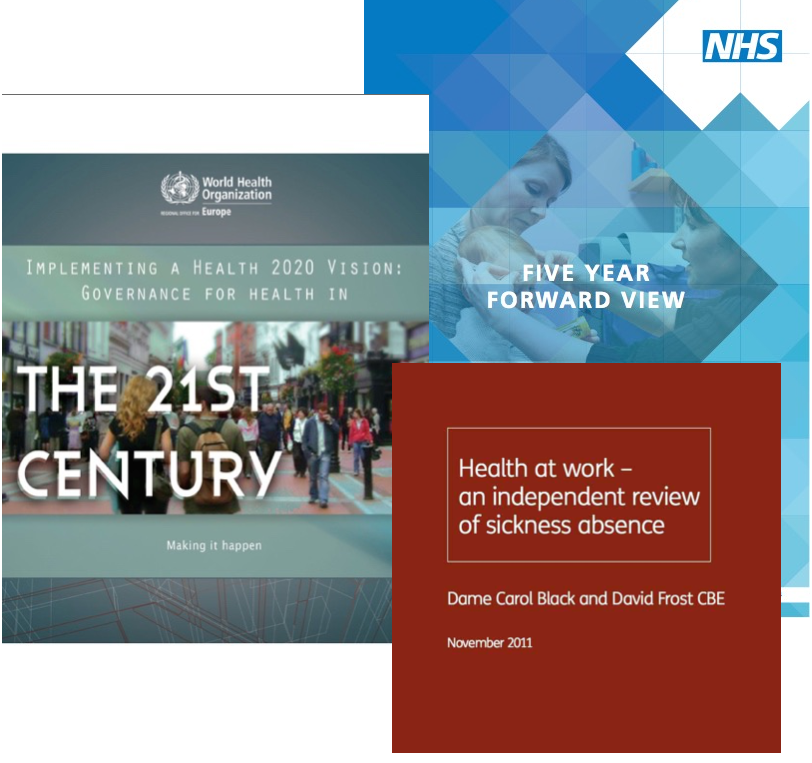Why workplace wellbeing will change radically by 2020


How testing times will pit the demand for benefits against the need to balance budgets
The discussion will draw on findings from the Benefits Design Research 2024 (publishing 25 Apr 24)
17 April 2024 | 10:00 - 11:00 (BST)